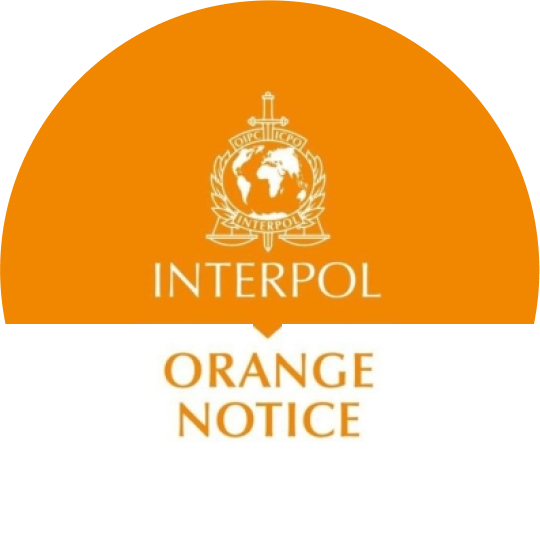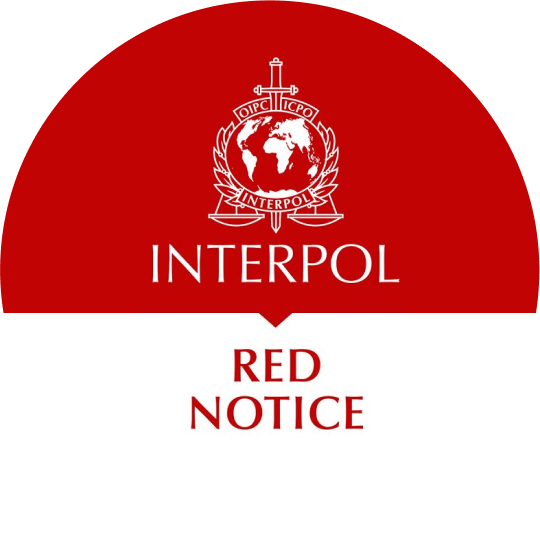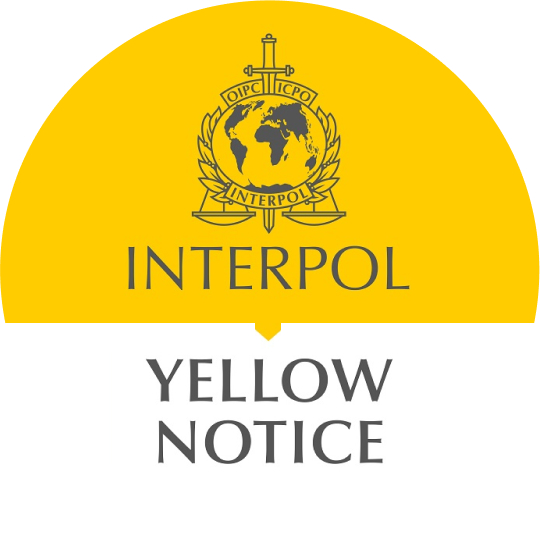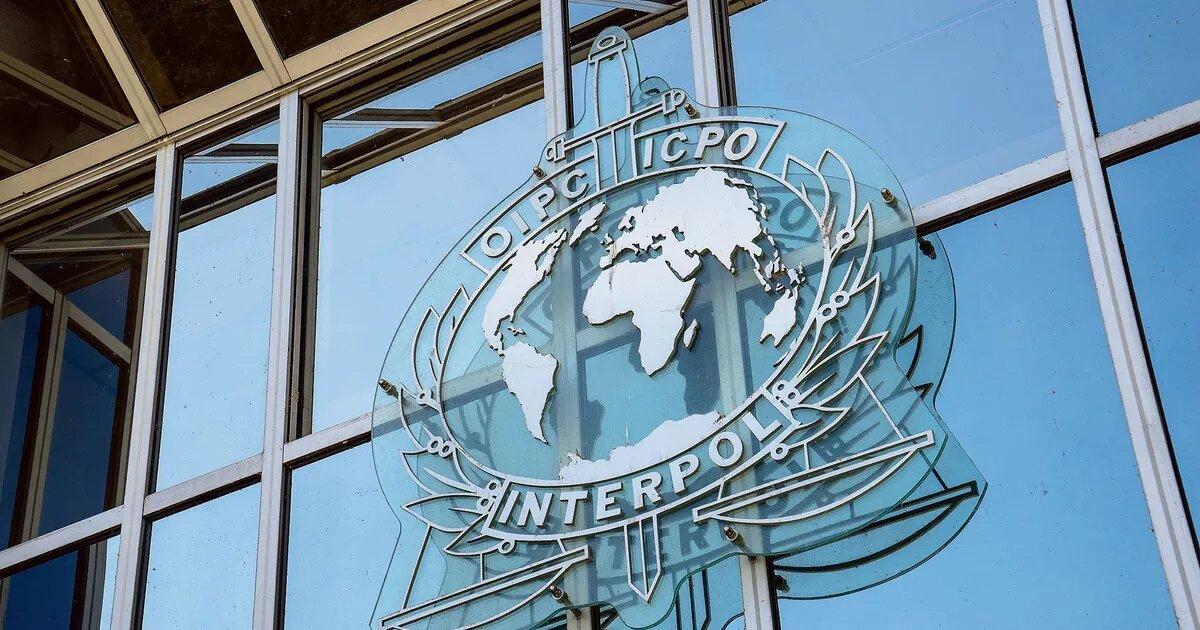The Commission for the Control of INTERPOL (CCF) is a body that oversees the international police organization’s file system. The CCF has the authority to decide whether certain information should be included in a file. They can decide to delete the information, add a ‘caveat’ to a Red Notice, or make other changes to the information. The CCF may also consult other international bodies or seek legal advice.
The Commission’s composition and functioning are governed by the Constitution of Interpol. However, the Constitution must be read in conjunction with its rules and practice. Interpol has specifically stipulated that the Commission’s composition and functioning must comply with the law. However, the rules and practices of the Commission must be interpreted in a way that does not undermine Interpol’s inherent credibility.
As the CCF is responsible for monitoring the Interpol file system, it must ensure transparency and fairness. Its procedures are similar to those governing a request for access to information. They also lack transparency, fairness, and effectiveness. Furthermore, these procedures violate the right to an effective remedy. They also threaten the jurisdictional immunity of Interpol.
The commission’s purpose is to promote and ensure mutual cooperation among criminal police authorities. The commission operates under the spirit of the Universal Declaration of Human Rights. The body also provides a platform for a free exchange of information and has numerous databases. These databases contain data on deceased bodies and known offenders. In addition to this, a database is used to maintain records on suspected criminals.
While such attempts are not unprecedented in international law, they are problematic. In fact, the ICC’s Second Report on Subsequent Agreements and Practices Regarding Interpretation of Treaties (UN Doc. A/CN.4/671) contains significant information about the use of interpretation in international law. In conclusion, the International Criminal Court should reject any attempts to use this technique.
The Commission for the Control of INTERPOL has a legitimate interest in the Commission being recognized as an effective remedy for targets of abuse of the Red Notice. As such, the Commission would be justified in exercising its judicial immunity in these situations. Its role would be to ensure fair and impartial justice.
A request for access to INTERPOL’s files should be clearly framed under Article 18 of the Commission’s Statute and should clearly state the reasons behind it. This can be a legal case against the commission or a national data source, or even a civil lawsuit.
The Commission for the Control of INTERPOL files (CCF) is the supervisory body for the organization’s file system. It meets every three months and is comprised of two chambers: the Supervisory and Advisory Chamber and the Requests Chamber. The Supervisory and Advisory Chamber ensures that data processing is done according to INTERPOL’s rules. The Requests Chamber oversees requests for access, correction, and deletion of data processed by the organization.
The Interpol Commission is also responsible for investigating complaints of misuse of Interpol’s facilities. Its mandate is to ensure that Interpol facilities are used in accordance with the law and ensure that abusers are held accountable for their actions. Although the Commission has limited powers, it must still ensure that it is effective and efficient in pursuing its mission.
In addition, requests for access to INTERPOL files must meet the requirements of admissibility. These requirements are outlined on the INTERPOL website. Once a request is accepted, it should be supported by evidence to prove the claim. Additionally, the Commission will consider requests for access to INTERPOL’s file only if it is accompanied by a copy of an applicant’s identity document.
The Commission for the Control of INTERPOL files is an independent body responsible for ensuring that Interpol complies with the rules regarding the handling of personal information. It advises Interpol on processing personal information and processes requests for access to its file system. It also has the power to conduct spot checks and provide recommendations for improvements in Interpol’s file system. The CCF is composed of seven members.
The Commission for the Control of INTERPOL files has invested considerable money and resources into new technology. However, it must be noted that while the UK’s commitment to rule of law requires adherence to certain rules and criteria, the CCF has limited oversight and may leave itself open to abuse.
Useful articlces on issues with Interpol:






































